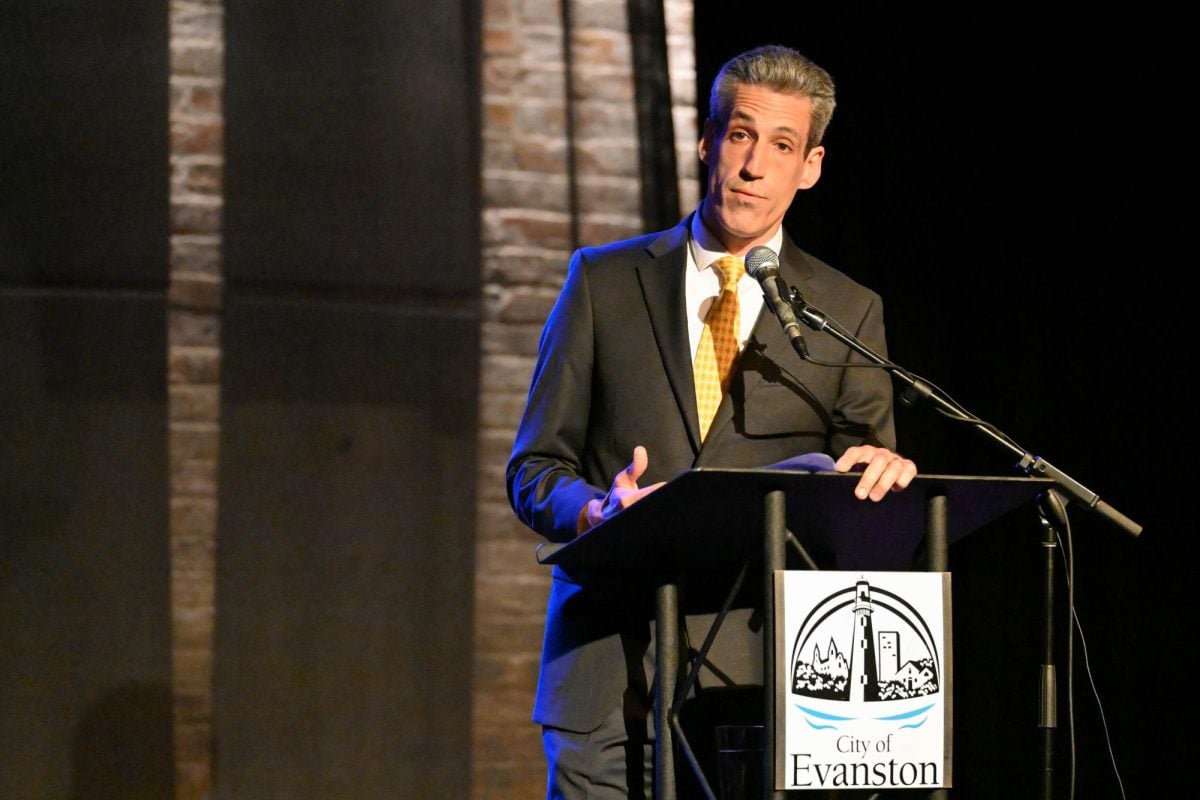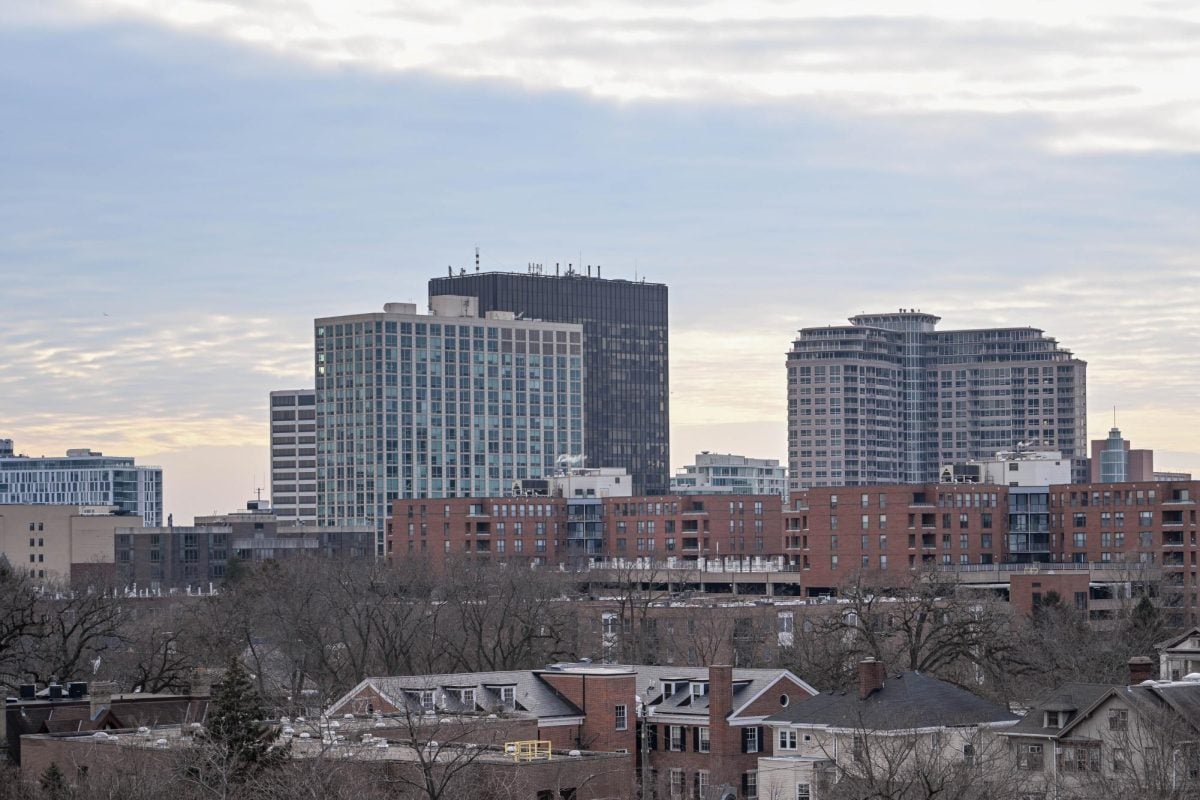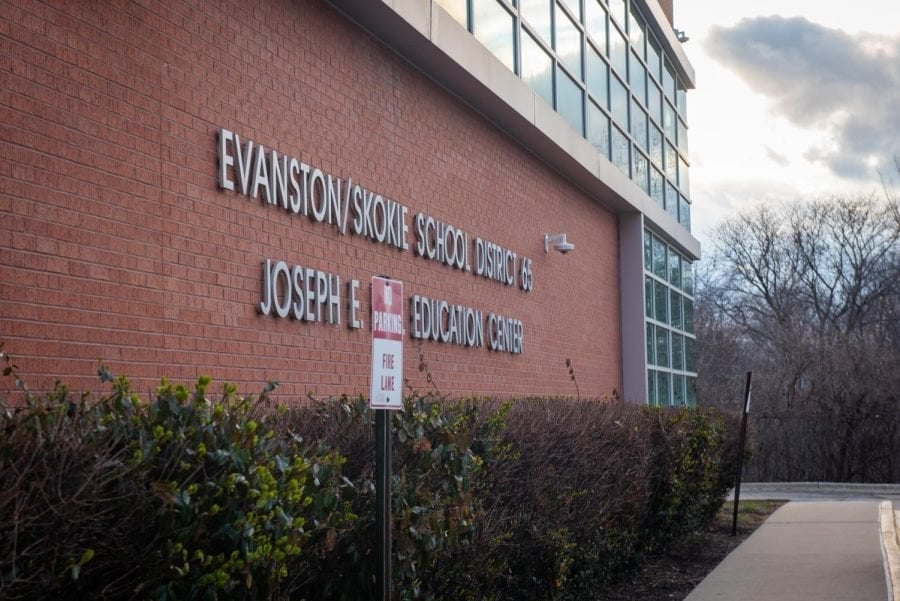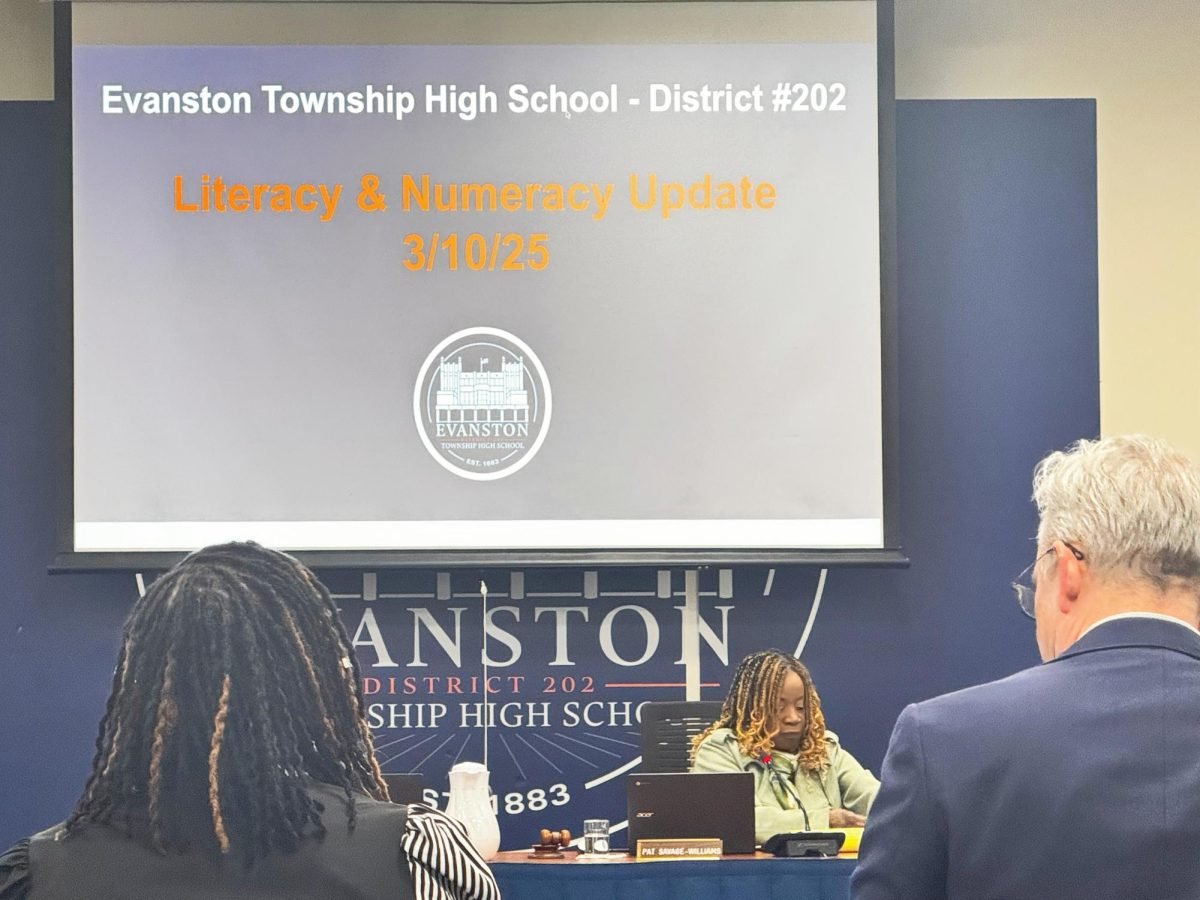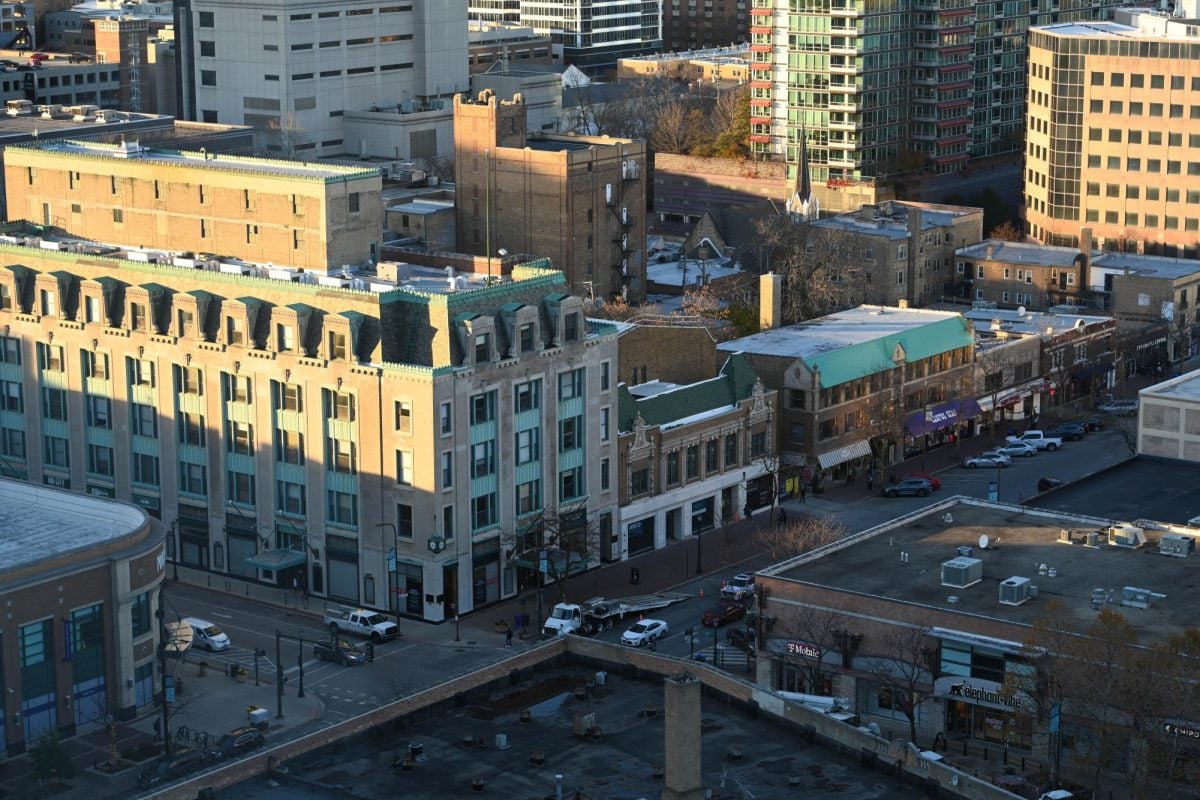City Council introduced and unanimously passed amendments to its Welcoming City Ordinance on Monday night, codifying greater protections for Evanston immigrants regardless of citizenship status ahead of President-elect Donald Trump’s inauguration next week.
The revised ordinance includes more in-depth provisions to “close loopholes” and further enforce the city’s noncompliance with federal deportation efforts, according to a staff memorandum.
The amendment, the second since the ordinance’s initial passage in 2016, aligns Evanston with the state’s broader sanctuary law, the 2017 Illinois TRUST Act.
At the meeting, Mayor Daniel Biss pointed to one of the act’s most significant amendments, which prohibits the city from sharing citizenship data with immigration officials, federal agencies and third parties intending to deport community members residing in the U.S. illegally.
The amended ordinance also provides immigration-related resources for residents, including a 311 hotline offering immigration resource information and requiring the Evanston Police Department to help immigrants who report crimes in obtaining forms of visa relief.
Fred Tsao, senior policy counsel of Illinois Coalition for Immigrant and Refugee Rights, worked with city staff to craft the amendments and called it a “crucial step” ahead of Trump’s inauguration next week.
“By enacting this ordinance, Evanston will not just match state law and the city of Chicago, it will surpass and provide even more protections to immigrant residents of the city,” Tsao said during public comment.
Before the amendment’s passage, Ald. Devon Reid (8th) asked the council and Chief Legislative Policy Adviser Liza Roberson-Young about several concerns he had, saying he “wished that more of us were brought in on this earlier.”
Reid specifically asked about potential blowbacks from the Trump administration, including possible withholding of federal funds because of Evanston’s noncompliance with federal deportation plans.
In response, Biss said Evanston would have to undergo “an extraordinary amount of contortion” to appease the Trump administration due to its imposition of other city initiatives, including its sustainability and reparation programs.
“Our values are different from any loyalty test that might be imposed by the current administration,” Biss said. “I’d rather we spend our effort trying to do the right thing and make sure that we’re protecting one another.”
Earlier Monday, Nadav Shoked, a professor at the Northwestern University Pritzker School of Law told The Daily that Evanston is a “small pond” for national deportation plans compared to bigger cities like Chicago.
However, Shoked said he expects the Trump administration to withhold grants from cities with similar ordinances, as it attempted to during Trump’s first term.
“They made it clear that this time around, almost from day one, the administration will start conditioning grants on not being a sanctuary city,” Shoked said.
Reid also questioned whether the ordinance would protect individuals living in the U.S. illegally who have committed violent crimes, a concern that Roberson-Young called “not accurate.”
At the podium, Roberson-Young clarified that the ordinance will continue to protect residents from apprehension based solely on their immigration status, not from valid criminal warrants.
Despite the back-and-forth within the council about the ordinance, multiple Evanston community members applauded the amended ordinance in the meeting’s public comment section.
Rebeca Mendoza, executive director of Evanston Latinos, took to the podium to thank the city for its support of its immigrant community, calling it “the right thing to do” in a worrying time for immigrant communities across the country.
“The reason why Evanston is so welcoming is the reason why I am who I am,” Mendoza said.
Email: marisaguerraecheverria2027@u.northwestern.edu
Related Stories:
— City Council to discuss immigration policy, Envision Evanston 2045
— Evanston approves penalty for parking near NU arena during events
— City Council passes $395 million budget with no property tax increase

